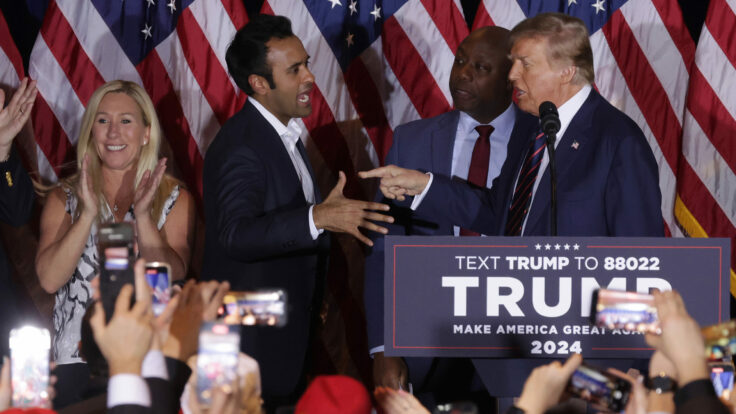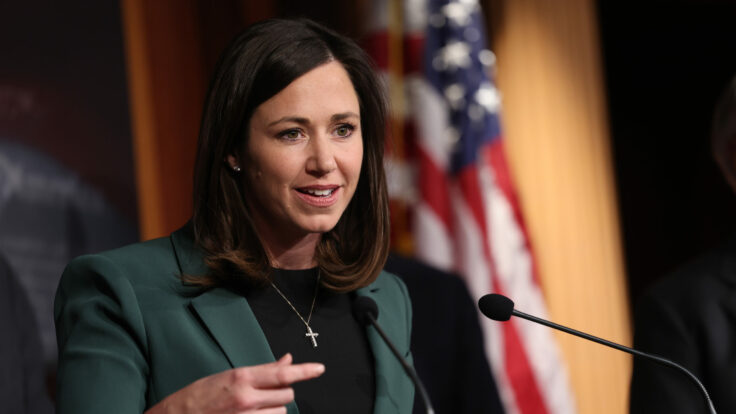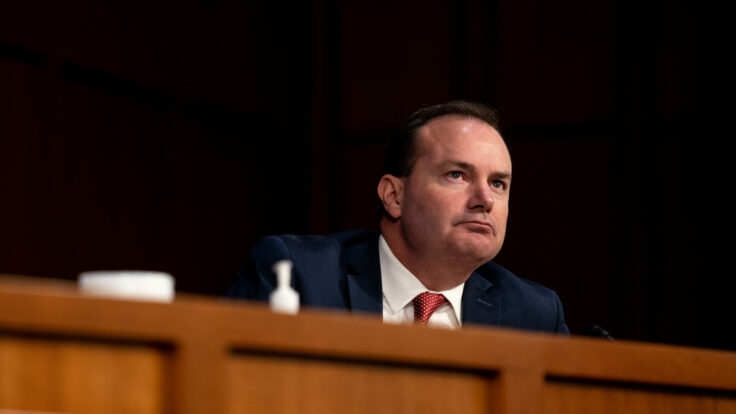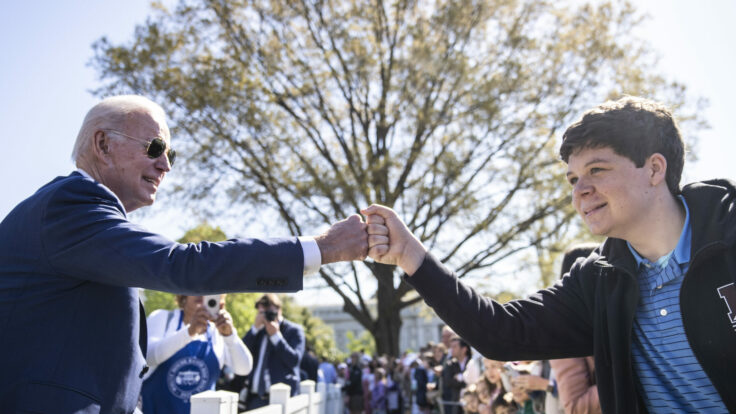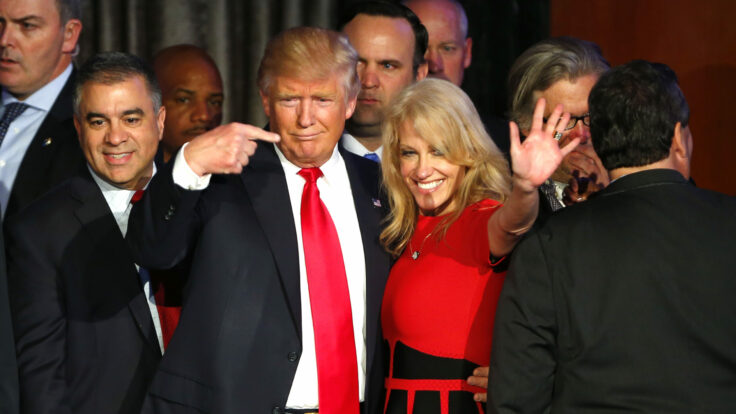Things are quieting down here in Washington. Congress is out of session and most everyone has gone home, either to celebrate the Christmas holiday with their loved ones or to take advantage of a week off. Which is why no one expected West Virginia Senator Joe Manchin to, as one senior Democratic Senate aide put it, “kick Joe Biden in the dick, especially after all the care and feeding he’s gotten.” And yet. On Sunday morning, Manchin went on Fox News, the mouthpiece of the enemy party, and announced that, after all those months his fellow Democrats spent trying to placate his ever-evolving set of demands, he was pulling the plug on Build Back Better, half of Biden’s signature, legacy-defining legislation. One of Manchin’s staffers gave the President, who had personally coaxed and cajoled the stubborn Senator, 30 minutes’ warning, and then Manchin himself declined the President’s call before the cameras rolled.
It sent Washington, which was now scattered all over the country, reeling. “I thought he would find a way to ‘yes,’ he likes to find agreements and get stuff done,” said a source close to Manchin. “But once I saw that he was going on Fox News, it wasn’t a surprise.” Democrats fumed—see above—and Republicans celebrated. “All around great day,” one senior Senate G.O.P. aide texted me on Sunday.












